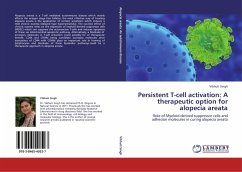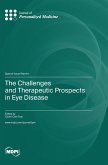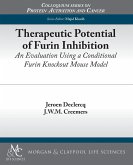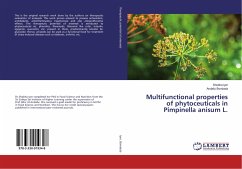Alopecia areata is a T-cell mediated autoimmune disease which mainly affects the anagen stage hair follicles, the most effective way of treating alopecia areata is the application of contact sensitizers which induces a mild chronic eczema (delayed type hypersensitivity). The curative effect of chronic eczema relies on the expansion of myeloid derived suppressor cells (MDSC) which can suppress the autoreactive T-cells and induces apoptosis of these via mitochondrial apoptotic pathway. Alternatively, a blockade of accessory molecules in T-cell activation could possibly be of therapeutic benefit. CD44 and CD49d being candidate accessory molecules since association of CD44 with CD49d plays an important role in homing of lymphocytes and blockade of these bystander pathways could be a therapeutic approach in alopecia areata.
Hinweis: Dieser Artikel kann nur an eine deutsche Lieferadresse ausgeliefert werden.
Hinweis: Dieser Artikel kann nur an eine deutsche Lieferadresse ausgeliefert werden.








